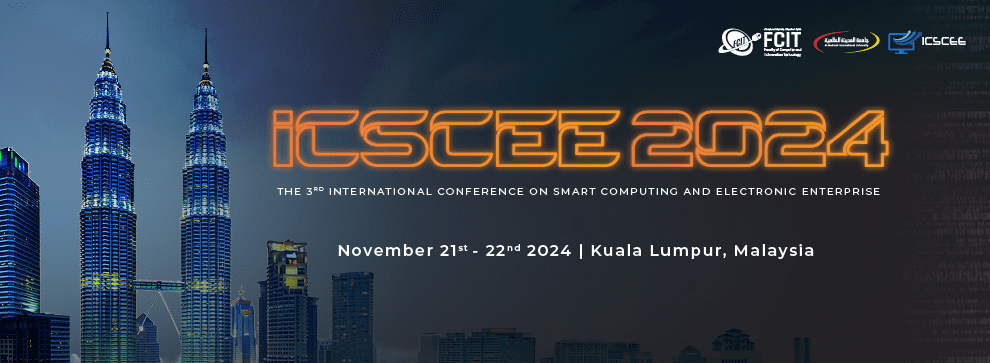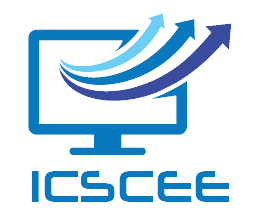Skip to content

- Foundations of Education:
-
- Directing education towards developing the integrated and balanced personality of learners and focusing on the humanization of education and human values in light of contemporary developments.
- Promoting educational justice by providing the support and resources necessary to achieve success for all.
- Achieving the integration of technology into education processes and educational administration.
- Developing leaders of education and educational administration in educational institutions in a manner consistent with the humanization of education in light of contemporary developments.
- Enhancing effective communication skills in the educational environment to support the humanization of education in light of contemporary developments
- Directing education to meet the needs of the individual, society, and the labour market alike.
- Promoting a culture of cooperation, teamwork, and the presence of human feelings to support learning, increase the returns of the educational process, and achieve sustainable development.
- Curriculum and instruction:
-
- Adapting curricula to the needs of learners and choosing educational activities that suit their abilities and needs, and enhance their humanity in light of contemporary developments.
- Motivating learners to continuously learn and develop their skills and knowledge for life to keep pace with modern developments.
- Diversifying teaching methods and methods to stimulate learners’ motivation towards learning and make the best investment of their energies.
- Integrating technology with curricula and teaching methods and using it in teaching to enhance interaction and effective participation.
- Enhancing critical and creative thinking skills among learners to enable them to be creative and innovate solutions to problems.
- Curricula include practical learning opportunities and realistic experiences to deepen and empower learners’ educational experiences.
- Encouraging learners to develop leadership and innovation skills through curricula and extracurricular activities; To be able to build and develop their community.
- Enhancing effective communication and cooperation skills among learners and developing their social and cooperative capabilities necessary for success in society and the labour market.
- Urging learners to continuously learn and develop their lifelong skills to keep pace with modern developments and challenges and achieve sustainable development.
- Educational Technology:
-
- Empowering learners and activating their role in effective participation in the learning process, providing them with opportunities to discover, explore, and interact with.
- Educational content directly, enhancing their role as active learners.
- Customizing education according to the needs of learners by providing various educational resources or using modern learning technologies to provide customized content for each learner that suits his nature and his preparations.
- Promoting active and interactive learning: through the use of interactive tools and applications that encourage learners to participate and interact with the educational content directly.
- Providing multimedia learning experiences that allow for the provision of multiple learning experiences, such as interactive videos, operational content, and virtual simulations, which helps stimulate interest and learners’ understanding of educational concepts.
- Providing continuous learning opportunities through e-learning platforms and educational applications and developing their skills and knowledge according to the requirements and developments of the times.
- Providing social educational experiences using educational technologies such as virtual forums, augmented learning and online collaboration, to enhance social interaction among learners.
- Using educational technologies to provide experience-based learning opportunities to enable learners to acquire practical skills and apply theoretical concepts in real-life work contexts.
- Educational psychology:
-
- Understanding the psychological and social needs of learners in light of contemporary developments; To enable teachers and educators to develop pedagogical strategies that effectively meet these needs.
- Improving teaching methods and methods in light of educational psychology and its theories by directing teaching strategies that focus on students’ needs and preferred learning methods; To motivate them and enhance their understanding and participation in the educational process.
- Developing the individual capabilities of learners by providing an educational environment that encourages the development of the academic, social, emotional and mental skills of each individual according to his needs and abilities.
- Promoting psychological guidance and counseling for learners by providing them with psychological, emotional and social support; To enable them to deal efficiently with the challenges and psychological pressures they may face in daily life.
- Strengthening the relationship between the teacher and the learner by providing support, encouragement, and positive interaction, which contributes to building an educational environment that is encouraging and supportive of the learning process.
- Supporting learners’ self-learning and self-development and developing their personalities, by enhancing their self-skills and motivating them to discover their potential and develop it continuously to achieve the desired sustainable development.

